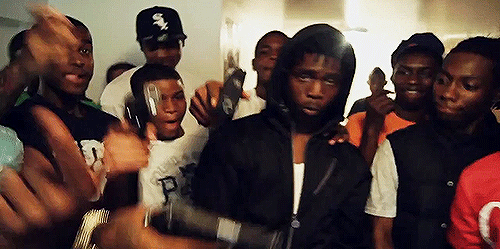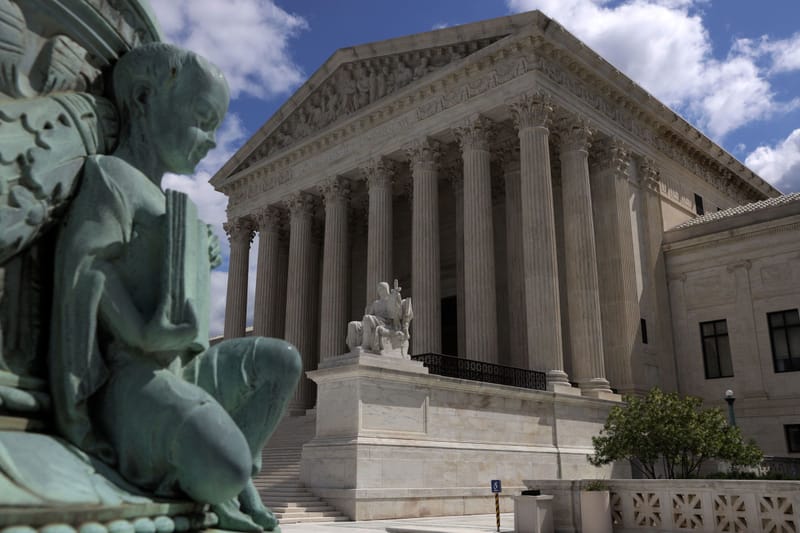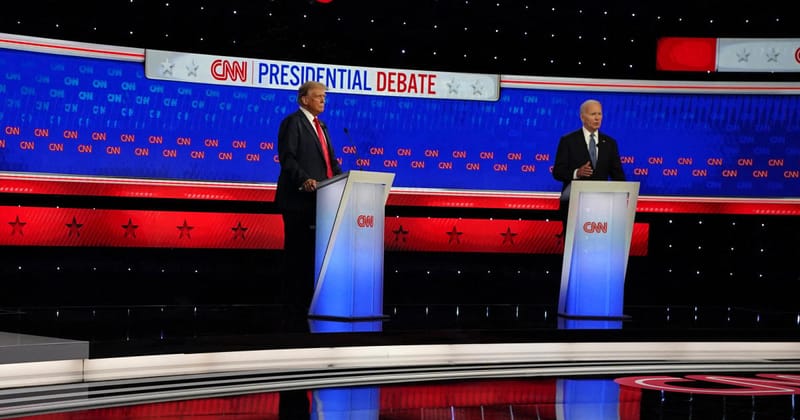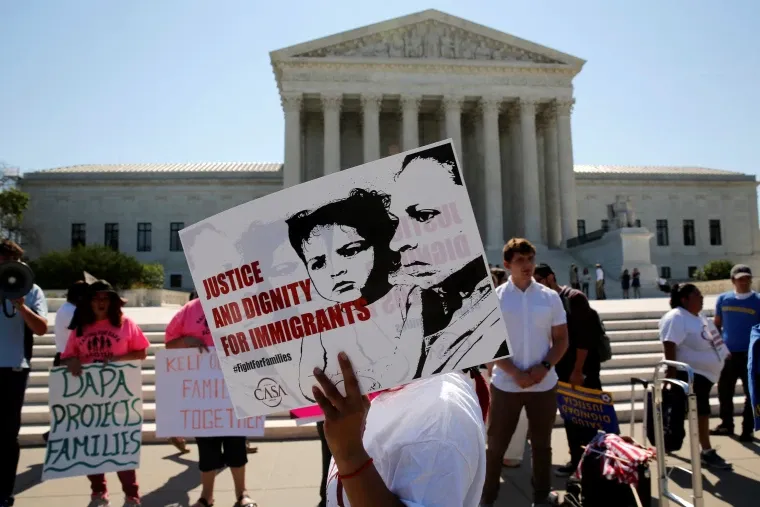The US Supreme Court Allows Jan 6th Rioters to Evade Accountability
Recent rulings by the Supreme Court have illuminated stark disparities in the application of justice within the United States, raising critical questions about fairness and equity in the legal system.

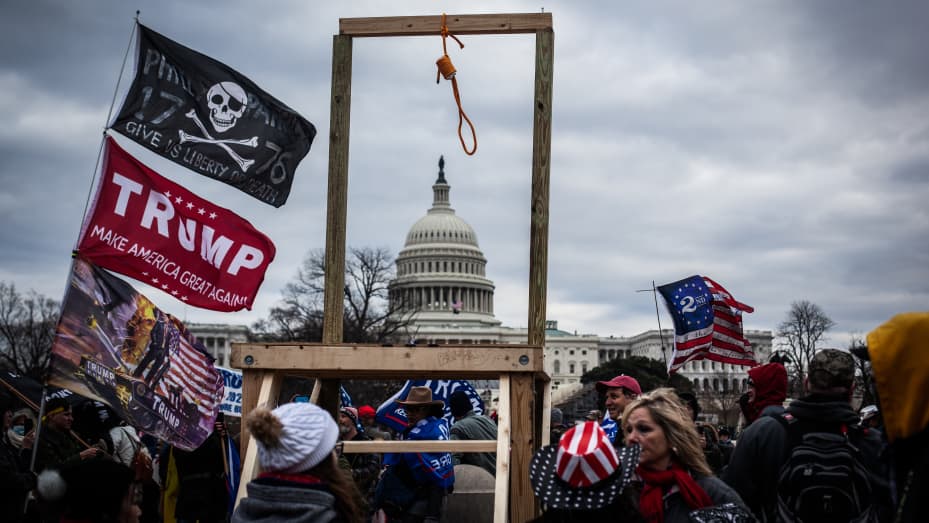
These decisions, particularly concerning the January 6 Capitol rioters and laws affecting homeless individuals, highlight profound contrasts in judicial outcomes based on race, socio-economic status, and the gravity of offenses committed.

Jan. 6 Capitol Rioters: Obstruction Charges
In a closely watched decision, the Supreme Court, in Fischer v. United States, made it more challenging to charge Capitol riot defendants with obstruction of justice. The Court's 6-3 ruling centered on the interpretation of the Sarbanes-Oxley Act, determining that rioters did not meet the criteria for obstruction due to the absence of tampering with official documents. This decision could impact sentencing for numerous individuals involved in the January 6 events, including former President Donald Trump, who also faces similar charges.

The justices emphasized the need for strict adherence to legal statutes despite the unprecedented nature of the Capitol insurrection. This ruling has prompted discussions about the consistency of judicial application and the perceived leniency towards those involved in a direct assault on democratic institutions.

Contrast in Treatment: Black Lives Matter Protests
The Supreme Court's handling of the Capitol rioters stands in sharp contrast to the treatment of Black Lives Matter (BLM) protesters. During the BLM demonstrations, protesters often faced aggressive policing tactics, mass arrests, and severe charges, highlighting a disparate response to protests advocating for racial justice. The contrast underscores longstanding concerns about racial bias within law enforcement and judicial systems, where peaceful protests by marginalized communities have historically faced harsher consequences compared to the insurrectionists who sought to overthrow the federal government.

Homeless Rights: Upholding Sleeping Bans
In another contentious decision, the Supreme Court, by a 6-3 majority in City of Grants Pass, Oregon v. Johnson, upheld local ordinances criminalizing public sleeping by homeless individuals. This ruling overturned previous judicial opinions that deemed such bans unconstitutional under the Eighth Amendment's prohibition of cruel and unusual punishment. The decision allows municipalities to enforce laws penalizing homeless individuals for sleeping in public places, even in the absence of adequate shelter options.
Justice Neil Gorsuch, writing for the majority, acknowledged the complexity of homelessness but affirmed the authority of local governments to regulate public spaces. Conversely, dissenting opinions criticized the decision for prioritizing municipal interests over the rights and dignity of homeless individuals, raising concerns about the societal impact on vulnerable populations.

Broader Implications: Chevron Deference Reversal
In Loper Bright Enterprises v. Raimondo, the Supreme Court's 6-3 decision to overturn the Chevron deference has significant implications for federal regulatory power. This ruling allows courts to reinterpret ambiguous statutes without deferring to federal agency interpretations, potentially reshaping environmental, health, and consumer protection regulations. The decision reflects ongoing debates about the balance of authority between federal agencies and the judiciary in interpreting and implementing regulatory laws.

Conclusion
These recent Supreme Court rulings underscore fundamental questions about justice and equality in America's legal system. While decisions regarding Capitol rioters and homeless rights illustrate judicial responses to complex societal issues, they also highlight disparities in legal treatment based on race, socio-economic status, and the nature of offenses committed. As these decisions reverberate across legal and social landscapes, they provoke critical reflections on the principles of fairness and equity that underpin the American judicial system.



